Heaven in Auschwitz (2016)
Genre : Drama, Documentary
Runtime : 1H 14M
Director : Aaron Cohen
Synopsis
A documentary film that tells the fascinating and incredible story of 13 Jewish survivors of the Holocaust in former Czechoslovakia, during the II World War. These men and women, that back then were children, found a legendary Jewish-German character named Fredy Hirsch, who changed their lives forever. The work describes the terrible living conditions in Terezin Ghetto and; on the other hand, the approach to culture and art behind the walls of the concentration camp. Up to this moment, everything develops as a known story, but by the end of 1943 there is an unexpected turn when these children are deported together with their families to the extermination camp in Auschwitz-Birkenau. And there, in the middle of hell, they lived in.
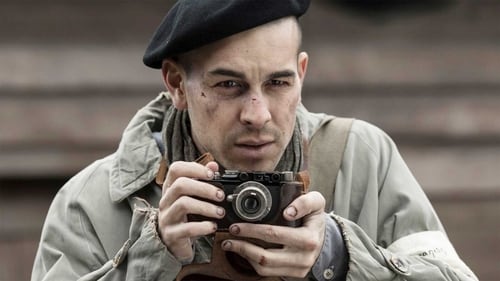
Spanish photographer Francesc Boix, imprisoned in the Mauthausen-Gusen concentration camp, works in the SS Photographic Service. Between 1943 and 1945, he hides, with the help of other prisoners, thousands of negatives, with the purpose of showing the freed world the atrocities committed by the Nazis, exhaustively documented. He will be a key witness during the Nuremberg Trials.

The story of the pioneering project to rehabilitate child survivors of the Holocaust on the shores of Lake Windermere.

In seaside Italy, a Holocaust survivor with a daycare business takes in a 12-year-old street kid who recently robbed her.
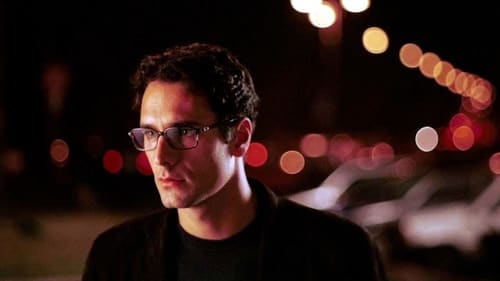
Overburdened and stuck in a greying marriage, Giovanna takes to caring for a Jewish Holocaust survivor her husband brings home. As she begins to reflect on her life, she turns to the man who lives across from her.

A documentary portrait chronicling the incredible life of Dr. Ruth Westheimer, a Holocaust survivor who became the United States' most famous sex therapist. As her 90th birthday approaches, Dr. Ruth revisits her painful past and her career at the forefront of the sexual revolution.
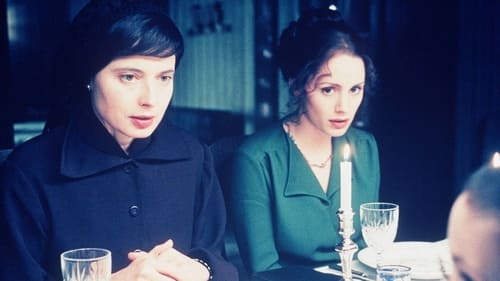
While escaping from Nazis during the WWII, a Jewish man dug suitcases full of things dear to his heart in the ground two. The war deprived him of his family, and afterwards he endlessly turns over the soil of Antwerp to find the suitcases, which makes him look obsessed. He keeps checking old maps and keeps digging, trying to find, in fact, those he lost. His daughter Chaya is a beautiful modern girl looking for a part-time job. She finds a place as a nanny in the strictly observant Chassidic family with many children, although her secular manners clearly fly in the face of many commandments. One of the reasons she is accepted is that mother of the family is absolutely overburdened by the household, so she stays despite the resistance of the father, normally - an indisputable authority in the family. She develops a special bond with the youngest of the boys, four-year old Simcha, so far incapable of speaking.

A young girl and her mother both carry the scars of their experiences during the holocaust in this drama from Israel. In 1951, Aviya is a ten-year-old girl being raised by her single mother, Henya, in a small village in Israel. Henya is a survivor of a Nazi concentration camp, and has come out of the experience considerably worse for wear; she's haunted by the memories of her past, and has become emotionally unstable. Circumstances for her and her daughter are hardly improved by the poverty of the newly wounded state of Israel, and their own difficult economic circumstances. Aviya, meanwhile, is obsessed with finding her missing father, and wonders if he might be the man who has just moved into their village. Henya, however, knows better, and knows why Aviya's father is never coming back to them.
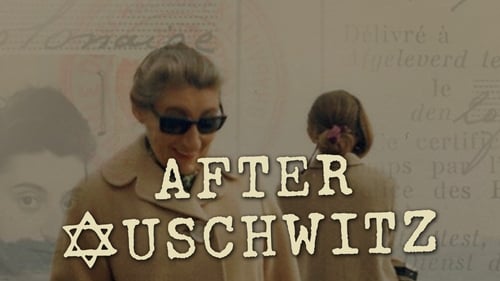
For six female Holocaust survivors, liberation from the camps marked the beginning of a lifelong struggle.
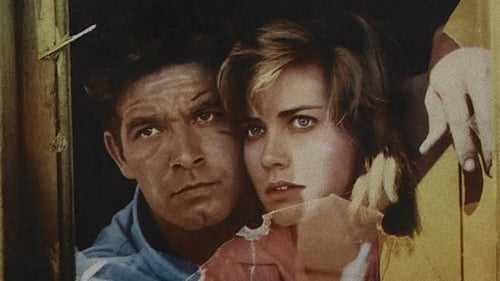
At the end of WW2, a compassionate Dutch policeman helps smuggle a Jewish woman into British Palestine.
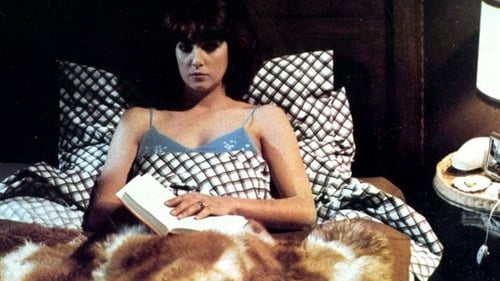
A pharmacist is murdered, and a woman happens to see the culprit leave the scene. She soon finds herself being stalked by the killer.
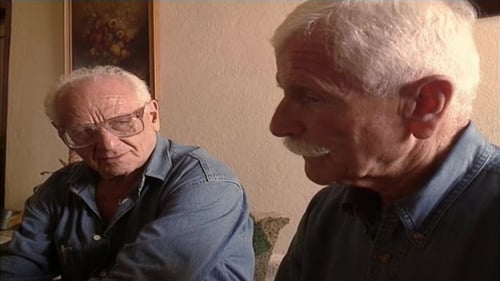
Filmmaker Amir Bar-Lev follows two Czech Holocaust survivors, Jan Weiner and Arnost Lustig, as they revisit Terezin, a labor camp where Arnost was interned for five years and Jan's mother was murdered.

Documentary compiling the testimonies of the last remaining Holocaust survivors living in Britain, all of whom were children at the time, and following them over the course of a year as they embark upon personal and profound journeys.

In 1945 Irene, Ewa and Joe were among the nearly 30,000 survivors rescued from German concentration camps to the peaceful harbour town Malmö, Sweden. Here they started life again.

The Story of Danish/French holocaust-survivor, Arlette Andersen, told from her horrifying point of view. From being a normal teen in Paris to her imprisonment in the infamous concentration camp, Auschwitz, she gives the younger generations a look into, a not so distant past of true horror.

Every year since 2011, a unique beauty contest has been taking place in Haifa. The contestants are female survivors of the Holocaust. In the midst of this flashy spectacle, their personal traumas remain as deep as ever. There are many things about this contest that are controversial: it is organized by the right Zionist organization, the International Christian Embassy Jerusalem, and the dubious contest itself rises the public indignation of various speakers, including other survivors.
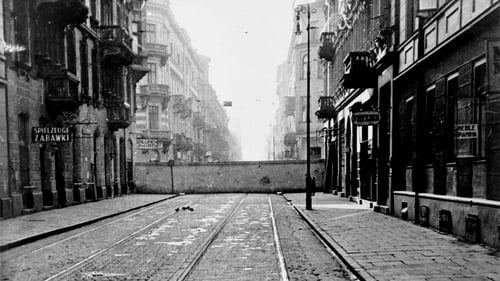
The history of the Warsaw Ghetto (1940-43) as seen from both sides of the wall, its legacy and its memory: new light on a tragic era of division, destruction and mass murder thanks to the testimony of survivors and the discovery of a ten-minute film shot by Polish amateur filmmaker Alfons Ziółkowski in 1941.

About the nurses who used their professional skills to murder the handicapped, mentally ill and infirm at the behest of the Third Reich and directly participated in genocide.

Set in Israel during the 80's, a young boy's role model uncle - a shadow puppet artist - is slowly losing his mind, drawn ever deeper into a web of Local folklore, Israeli Ethos, and unearthly puppetry.
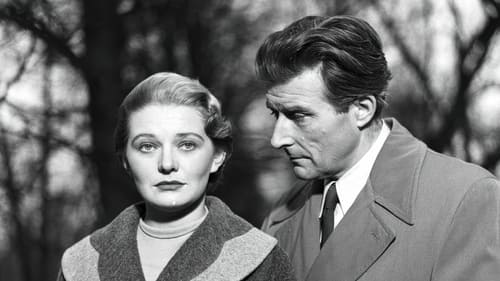
Roza marries a promising young architect, Juliusz ; for a few months, they have a blissful life together. Then World War II breaks out and within weeks Juliusz is deported to a concentration camp. Months, and then years go by, until Roza abandons any hope that her husband might return. She meets and falls in love with another man, and tries to put her life back together, but one day, unexpectedly, Juliusz does return - a shattered, mere ghost of his former self, physically crippled and tormented by memories of the camps. First out of duty, then out of pity, Roza starts to care for him, but her feelings slowly are transformed into a kind of revulsion

Alone, Eva Fahidi returned home to Hungary after WWII. At 20 years of age, she had survived Auschwitz Birkenau, while 49 members of her family were murdered, including her mother, father, and little sister. Today, at age 90, Eva is asked to participate in a dance theatre performance about her life's journey. This would be her first experience performing on a stage. Reka, the director, imagines a duet between Eva and a young, internationally acclaimed dancer, Emese. Reka wants to see these two women, young and old, interact on stage, to see how their bodies, and stories, can intertwine. Eva agrees immediately. Three women - three months - a story of crossing boundaries. Whilst the extraordinary moments of Eva's life are distilled into theater scenes, a truly wonderful and powerful relationship forms among the three women.



















